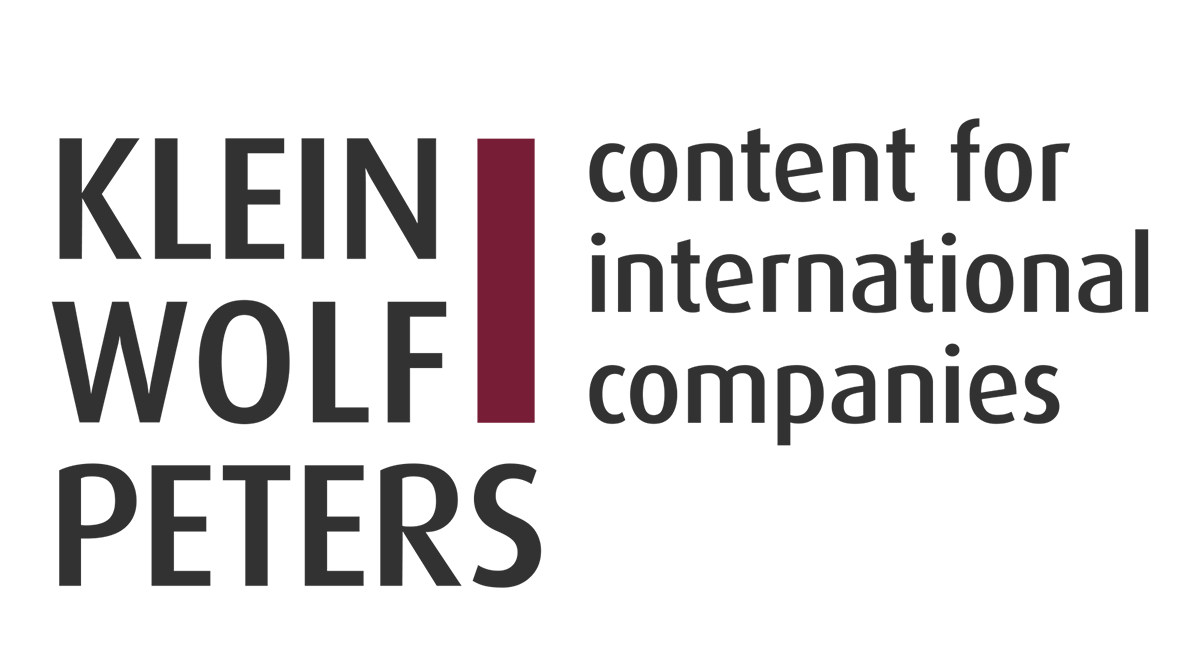
We are wordsmiths: Richard Peters
In this issue: Richard Peters, Managing Director
- What is your goal for 2021?
I’m not really one for New Year’s resolutions; I’m all too aware of my inability to stick to them, so why make them in the first place?
But as we move into an unprecedented second year of pandemic, the things I’d like to achieve in the next twelve months – other than the elusive “lose weight and become slim and gorgeous” and its unspoken, indeed unimaginable, corollary “do more exercise” – include just going out for a drink or a meal, visiting friends in another country, and even just seeing other people’s unmasked faces without getting cross.
- Over the course of your career, have you noticed specific changes in language usage?
I don’t know whether this qualifies as an answer to a question about my career, but one change in English usage that sticks in my mind is how younger people now use the word “sick” to mean “excellent”.
Of course, youth always develops its own slang; growing up in London, I remember turns of phrase that were peculiar to people my age in my part of the city. And this is an ongoing process in every language everywhere.
I think what caught me off guard with “sick” was when I heard Swiss tennis legend Roger Federer using the term in reference to winning Wimbledon! I was taken aback that a grown-up – and a non-native speaker to boot – would use a word in a way that I had hitherto heard only from the lips of my own nephews and nieces.
- What animal are you tempted to translate literally?
One of my favourite animal names in German is deliciously descriptive of a typical behaviour of the animal in question. Indeed, the animal’s name in many languages refers to this same behaviour. I’m talking about raccoons : the German name translates as “wash-bear” and derives from raccoons’ proclivity for dousing food in nearby water before eating it.
Ironically, the English name has a similar etymology, albeit one that’s hidden to English speakers because it’s a loan word from the now extinct Powhatan language of the people native to the Virginia area of the US; the term means “animal that scratches with its hands”.
But the reason I particularly love this German word is because it plays a central role in an affectionately cheeky way to describe somebody who is on the portly side (okay, me!): rather than having a “Waschbrettbauch” (a “washboard belly”, i.e. no flab, just muscles), I have a “Waschbärbauch” (a “raccoon belly” – cute, round, and furry)!
- Is the glass half full or half empty?
That very much depends on what’s in the glass! But I generally choose to be a pessimist, because then at least you can’t be disappointed.
- Working from home: yes or no?
I always assumed that I would hate being cooped up at home, all alone and with no one to pester with small talk. But in fact the modern world of work, with its instant messaging, video calls, and the like, makes sitting at my “desk” (by which I mean dining table) completely bearable. The physical distance to my colleagues melts away whenever we speak or write to each other – which we do with gusto!
- Lake or ocean?
Ah, a psychologically probing question, that one! Do I long for the great untamed expanse of the open sea, or do I prefer a manageable puddle? What ultimately decides it for me is the likelihood of a tsunami. That, and the icky taste of saltwater whenever a wave laps unexpectedly over my face. So if I have to choose, I’ll take a lake!


